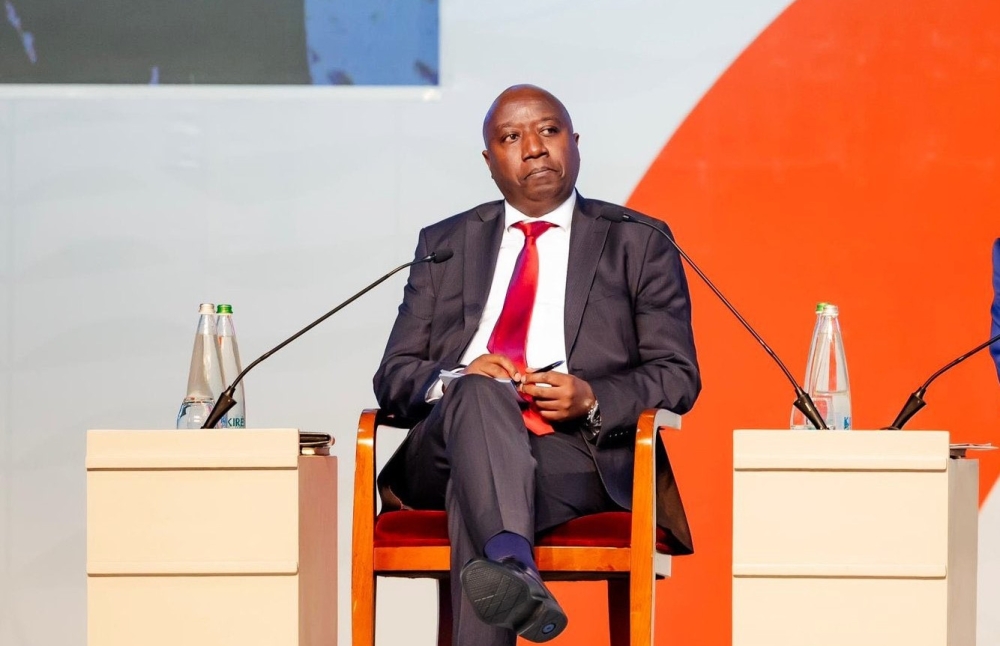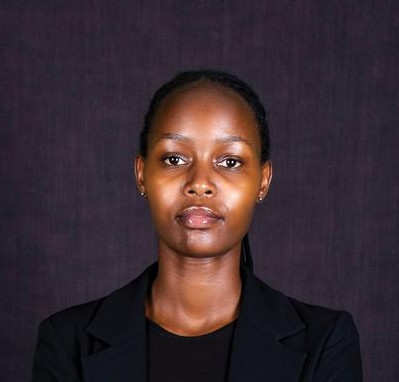

Prime Minister Edouard Ngirente on October 10 emphasized the crucial role the World Bank’s International Development Association (IDA) played in Rwanda’s development across various sectors.
During the Economic Development Assembly organized by Global Citizen and Bridgewater Associates in partnership with the Government of Côte d'Ivoire, in Abidjan, Côte d'Ivoire, Ngirente discussed the importance of mobilizing additional resources to support the World Bank’s IDA21 replenishment, highlighting Rwanda’s success in collaborating with the institution.
ALSO READ: World Bank approves $200mn for skills development in Rwanda
"We’ve achieved a lot through our partnership with the World Bank via the IDA window. What stands out about IDA, and what we always emphasize, is its concessional nature. This concessional financing is highly beneficial for developing countries like Rwanda,” Ngirente explained.
He also noted the alignment between IDA programs and Rwanda’s national development plans. "One of the key strengths of IDA is that it doesn’t impose new projects. Instead, the World Bank integrates its funding into our national programmes. This approach is very positive for us,” he added.
ALSO READ: Rwanda achieves 70% electricity access, set to host energy conference
Ngirente highlighted Rwanda’s achievements using IDA funds, starting with investments in the energy sector.
"Energy was a priority because it has a ripple effect across other sectors, both social and economic. In 2009, only 6 percent of households in Rwanda had access to electricity. Today, we’ve connected 78 percent of households connected. This includes not just homes but also industries and public buildings,” he noted.
The premier explained that increased energy access contributed to poverty reduction. "With electricity, income-generating activities have sprung up in various parts of the country, helping to lift people out of poverty,” he said.
He also highlighted IDA’s role in human capital development, with a focus on education.
"Using IDA funds, the Rwandan government has made substantial investments at all levels of education, from early childhood programs to higher learning institutions. One of our most recent projects, in partnership with the World Bank, focused on reducing the distance children had to travel to reach schools and addressing overcrowding. In just nine months, we built over 22,000 new classrooms, a testament to the strong cooperation between Rwanda and the World Bank,” he explained.
In addition to energy and education, he pointed out, IDA funds also had an impact on Rwanda’s healthcare sector.
"Over the last five years, we have built five modern hospitals across the country, in addition to the existing healthcare infrastructure,” Ngirente noted.
"IDA funding has had a remarkable impact on our countries, and we are committed to a strong IDA21.”
What is concessional finance?
Concessional financing is a special form of funding in which a government or another public entity grants a private sector entity the right to manage and operate specific public assets, such as infrastructure, real estate, or natural resources.
Concessional finance is below market rate finance provided by major financial institutions, such as development banks and multilateral funds, to developing countries to accelerate development objectives. IDA Credits (or loans) provide financing in concessional terms at zero or very low-interest levels with maturities of between 30 to 40 years, including a 5- to 10-year grace period.
Why is concessional finance important?
According to Mafalda Duarte, the Executive Director of the Green Climate Fund (GCF), the world's largest multilateral climate fund, since August 1, 2023, concessional finance targets high-impact projects responding to globally significant development challenges – from climate change mitigation and resilience to vaccine deployment, water sanitation and education - that otherwise could not go ahead without specialised financial support.
As an example, a developing country may want to move away from fossil fuels and develop a series of renewable energy projects but does not have enough of its own capital to get started, nor access to reasonably priced loans and risk-friendly investors. Concessional finance support can help such projects get off the ground and contribute to global efforts to achieve net zero goals.
While non-concessional loans are provided at or near market terms, concessional loans are provided at softer terms. Concessional finance is used for projects that contribute significantly to market development by helping overcome a market failure and giving returns to society beyond the investors' returns.


